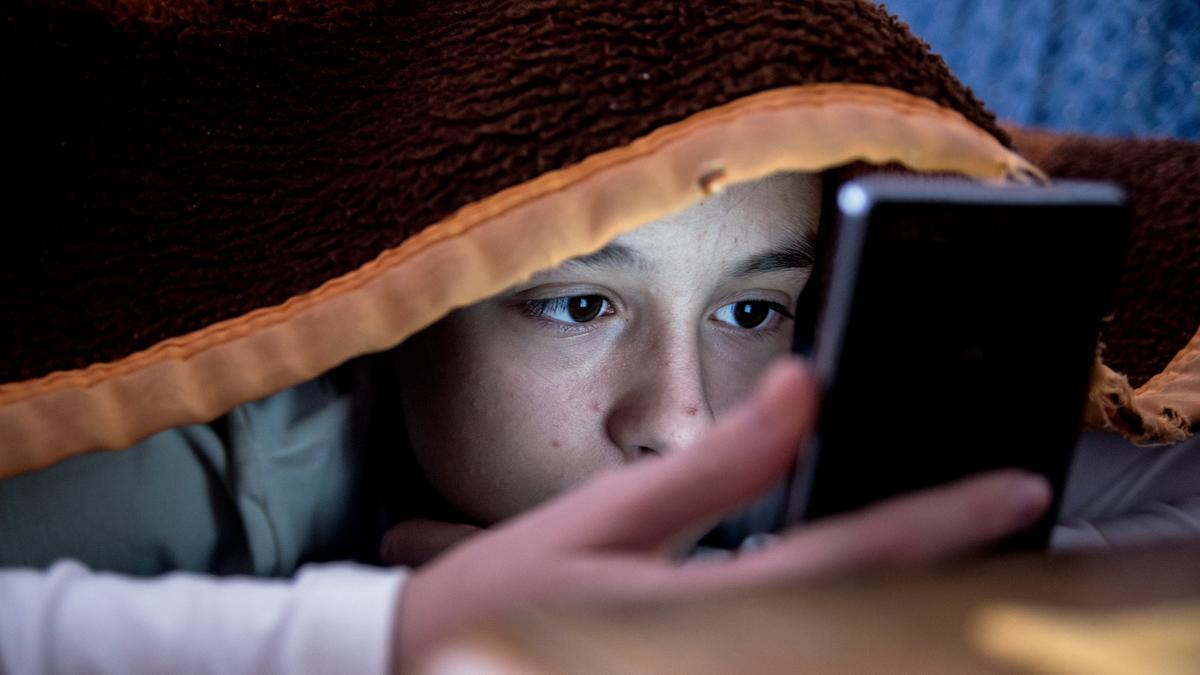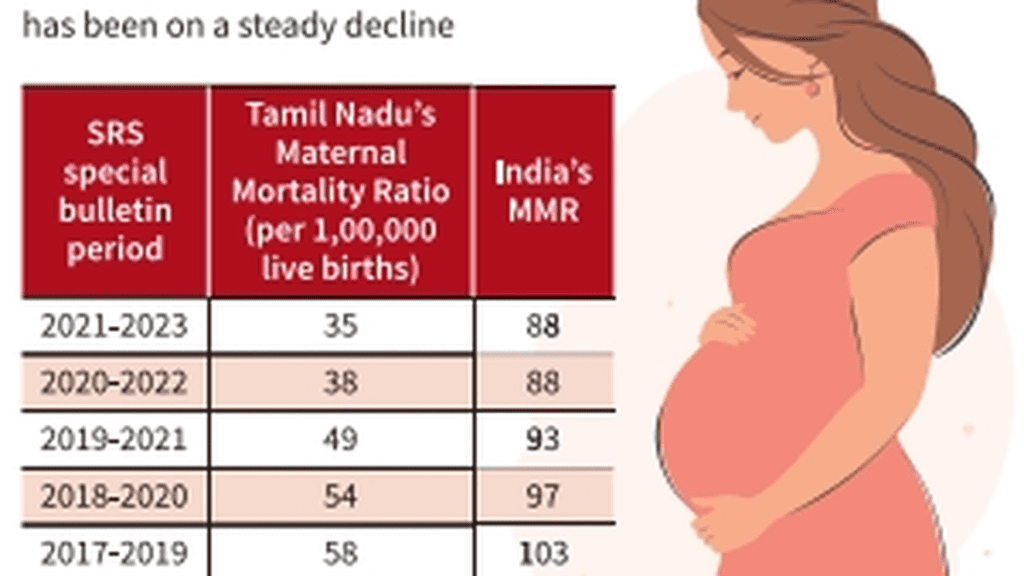Study finds link between smartphone use and mental health of adolescents Premium

Study finds link between smartphone use and mental health of adolescents Premium
A survey of over 10,000 adolescents (13-17 years) in the United States and India has revealed that mental well-being is closely linked with earlier age of initiation of mobile phones, and could decline significantly with each younger year of age.
Sapien Labs’ report titled The Youth Mind: Rising Aggression and Anger, documented the responses of 10,475 Internet-enabled adolescents across India and the United States in 2024. Although numerous factors have traditionally been identified as drivers of poor mental health, one key change in the younger generations is the arrival of smartphones, which were introduced in 2008, coinciding with the onset of rising mental health problems.
The report highlighted key trends, with a particular focus on rising feelings of aggression, anger, irritability, and hallucinations in this age group. The decline in mind health is characterised not only by sadness and anxiety but also by new symptoms, including unwanted thoughts and a sense of being detached from reality. Highlighting the differences between the American and Indian cohorts, Tara Thiagarajan, neuroscientist with Sapien Labs, said the pace of deterioration of mental well-being is slower in India. “While the overall decline in mental well-being in younger ages is strongly present for males and females in the U.S., it is only present for females in India and not in males (where only select aspects deteriorated, while others improved). Even for females, it (the overall decline in mental well-being) is not as steep in India,” Dr. Thiagarajan said.
“On the other hand, both adolescent males and females in India have worse mental well-being on the whole, than their counterparts in the U.S. While aggression, anger and hallucinations are consistently related to the age of smartphone initiation for both U.S. and Indian females, for girls in India, getting their phones very young is more likely to result in increased sleep and health problems as adults,” she said.
In an attempt to address this, there is a growing debate on the merits of educational technology (ed-tech) in the elementary and middle school years. “One of the possible solutions is also to provide restricted access to phones for teenagers using apps, which lock in parental controls regarding apps teens can access, while allowing them to access a school portal or messaging,” Dr. Thiagarajan said.










